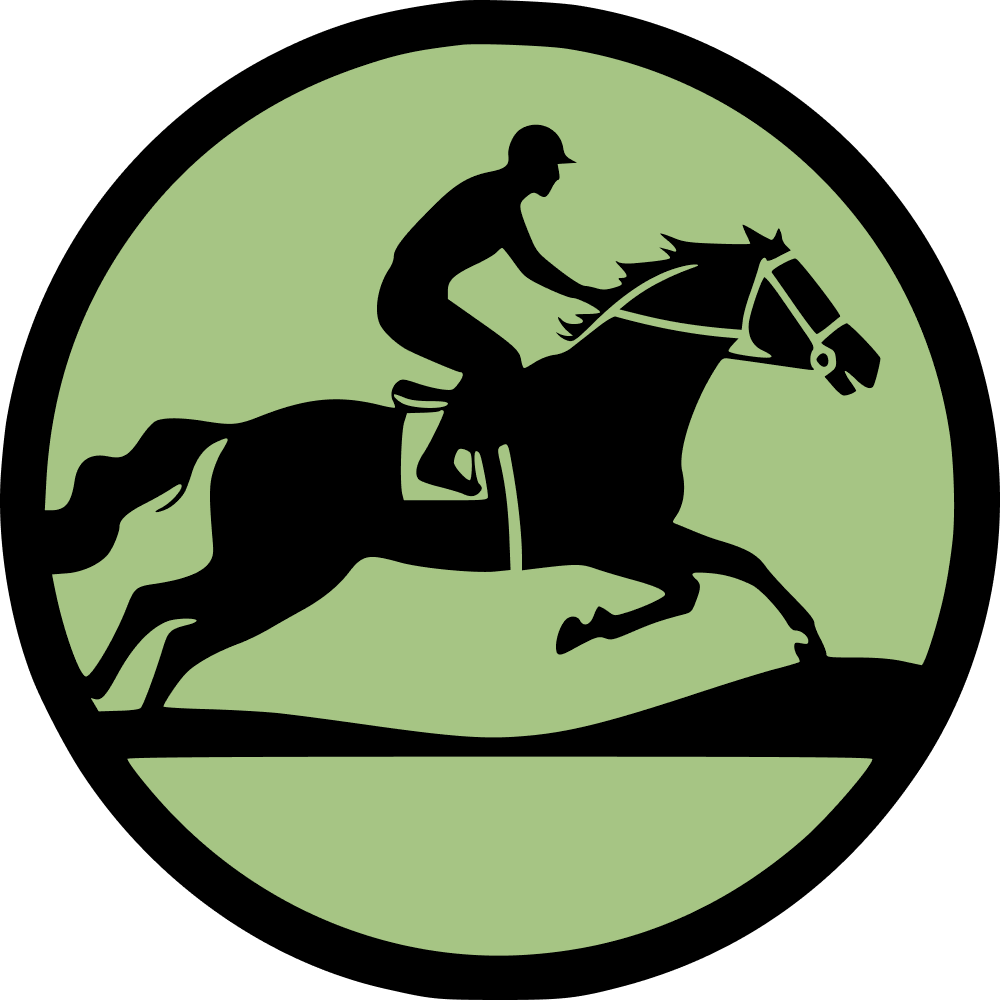During the horse racing season, spectators from all walks of life become well-versed in the esteemed horses that take centre stage.
Television personalities, seasoned analysts, and informative guides confidently discuss the favoured horse's "desire to win." In tightly contested races, the equine participants fiercely compete, showcasing qualities such as "determination," "grit," and "heart."
Nevertheless, it begs the question: Do horses possess an awareness of their participation in a race, let alone an ambition to emerge victorious? Do they comprehend the importance of being the first to cross the finish line?
Drawing upon extensive experience and understanding of horse behaviour, the most plausible response is a resounding "no."

The perspective of a horse
Looking at horse racing from the perspective of the horse, winning a race doesn't offer many inherent rewards. While reaching the finish line brings relief from the pressure to maintain a high-speed gallop and endure hits from the jockey's whip, this applies to all horses once they cross the finish line. If the race is close, the horse that eventually wins may have been whipped more frequently in the final stages compared to horses further back in the pack.
Therefore, while being the first to reach the finish line may be of utmost importance to the horse's human connections, there are minimal direct and intrinsic benefits that would motivate the horse to voluntarily gallop faster and achieve this outcome.
Do horses even recognise that they are participating in a race? Once again, the answer is likely "no." Running, whether at a canter or gallop, is an inherent behaviour for horses, and they willingly run together in groups given the opportunity, even in races without jockeys. However, there are several reasons to believe that horses have not developed a desire to "win" during a collective gallop.
Horses are social animals. In the wild, they synchronise their movements with other horses in their group to minimise individual exposure to predators. This synchronisation involves maintaining similar speeds to other group members to keep the group together, remaining aware of their body position and that of their neighbours to avoid collisions, and adjusting their speed according to the terrain and environmental cues signalling potential dangers or obstacles. In the wild, achieving a "winning" position, that is, arriving first long before other group members, could be detrimental, as it exposes the "winner" to an increased risk of predation.
This collective behaviour contradicts the expectations of owners, trainers, and bettors during a horse race.
Preferences of a horse
The success of horse races hinges on two key elements related to the horses: their natural inclination to synchronise with other horses and their ability to be trained to resist these tendencies based on cues from the jockey during a race.
Trainers and jockeys also take advantage of the individual preferences of each horse. Some horses dislike running in a bunch and prefer to take the lead in the race (known as "front runners"). On the other hand, some horses find comfort in running with a group and prefer to stay among the pack until they approach the finish line (known as "come-from-behind" winners). Jockeys employ various techniques to counteract the horse's natural inclination to synchronise. These techniques may include:
- Encouraging the horses to stay in close proximity to other horses, even at the risk of potential injuries that can occur on the track.
- Maintaining speeds that are not necessarily preferred by the horse, often at higher speeds and for longer durations, sometimes achieved through the use of a whip.
- Restricting the horse's ability to adjust its position in relation to other horses by controlling its path through pressure on the mouth from the bit or gentle taps from the whip.
In the early stages of a race, jockeys rely on the horses' innate desire to stay with the group, ensuring that they exert the necessary physical effort to keep up with the front runners. However, as the race progresses, this inclination may be overridden so that the horse acts independently of the group, leaving it behind and striving to reach the front in hopes of securing victory.

Lack of Understanding of the Idea of a Race
While horses may not possess a conscious understanding of participating in a "race" where their objective is to reach a specific location on the track ahead of other horses, they do possess an experiential knowledge of racing. Through prior experience and training, they acquire an understanding of what is likely to occur and how to respond during a race.
In conjunction with jockeys and trainers who comprehend the individual preferences of their horses in order to enhance their chances of success, there will always be one horse that crosses the finish line ahead of the others in the group, at the designated part of the track known as the winning post.
However, it is highly improbable that winning horses possess a comprehension of their purpose to "win." Rather, the outcome is more likely influenced by a combination of natural ability, physical fitness, and the skill of the jockey, rather than an inherent desire of the horse to reach the winning post before its competitors.

